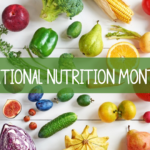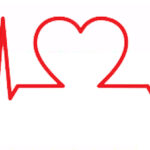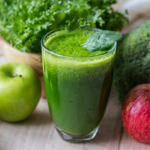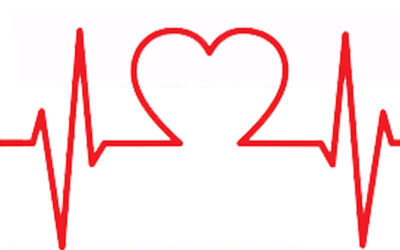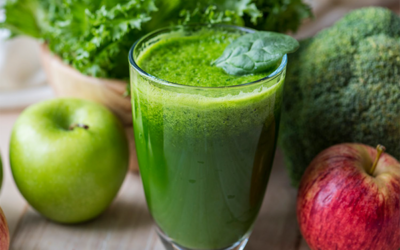NUTRITION is a complex science. This isn’t your mother’s cooking class- it is chemistry, biology, and physiology. These are HARD SCIENCES. If we can look at nutrition from a science perspective we can allow ourselves to accept that it is difficult to understand and most of us need help to make sense of it. On top of that there are endless amounts of information out there and a lot of it contradicts itself.
At Wishing Well Works, we try to look at from an evolutionary perspective. In our sessions we think about how humans likely were (from the information available) and support the idea that whole unprocessed foods are best.
There are some basic points that are important:
- Food choice is mostly habitual, financial, and emotional- read that again!
- Excessive access to food needs to be managed- there is rarely a time (unless for financial reasons) when a person isn’t within 20 feet of food. Think about that.
- We are doing this alone (meaning food companies and institutions that serve food are going to be of no help)
- Change is going to be hard but attainable.
- Behavior, choice, intention, and decisions are paramount to lifestyle change.
If a person has decided that they want to change some aspect of their nutrition they are already on the road to success. The first step is being aware that a change needs to occur and making the decision to do it.
Next comes the 7 P’s- Proper Preparation, Planning, and Prioritization Prevents Poor Performance. Here are some ideas to get the ball rolling:
- Decide the WHY (to reduce risk of heart disease/diabetes, to have more energy, to live longer)
- Go through typical purchases and decide which items fit and which don’t – slowly start buying those that don’t less so that eventually you aren’t buying them
- Start to notice when you are physically hungry and eat until you feel satisfied knowing that it takes around 30 minutes for hormones to let you know
- Eat mindfully- this one is so important we have an entire session on it
- Begin to see how the body feels after eating. Is it bloated, gassy, energized? Take note of which foods made you feel which way.
- Decide when meal planning and preparation will occur. During this two hour time frame plan the meals for the week, pre-cook anything that can be put in freezer or containers, pre-wash and slice any vegetables that won’t get mushy.
- Recognize that nighttime snacking often comes on because of a day full of stress, overstimulation, caffeine, sugar, and lack of movement. Be ready and arm yourself with a solution like fruit, sleep, a walk, or gloves.
- Accept that stress, lack of sleep, hormones, and food access are all part of the equation
We know that what we eat plays a huge role in our overall health and in the risks of developing chronic disease. We know that foods high in the 3 S’s (Sodium, Sugar, Saturated Fat) are not great for us but recognize that there are so many foods that are REALLY GOOD for us! Foods high in phytonutrients, antioxidants, vitamins, and minerals are all part of feeling the best one can. Eating a diet full of color, from plant-based sources seems to give us the most benefit. On one hand this makes sense but on the other it is not a lifestyle that most people want to adhere too so we recommend staying as close to that as you can by developing your own FUNCTIONAL EATING PLAN. Some basics that can be a helpful part of any plan are:
Everyone’s plan looks a little different- the idea is that what works for one person may not work for another but following these concepts can be the difference from yo-yo dieting to lifestyle change. It will take time, but it is totally worth it.
- Eating when hungry and until satisfied and eating slowly enough for the brain to catch up with the body
- Vary eating so that it includes as many fruits and vegetables as a person can handle
- Meat sources that are not processed and come from bird and fish first, turkey and chicken second, and beef and pork third
- Trying to have 1+ days of meat free eating
- Reducing ADDED sugar to as low of a level as possible (25 grams or less for adults)
- Keeping sodium in check at 1800-2300 mg per day
- Reducing saturated fat to less than 12 grams per day and reducing cholesterol as much as possible
- Making conscious choices about what we are eat and when
SIMPLE SOLUTIONS: Does putting together a wellness program feel overwhelming or something you don’t have time for? Try our easy quarterly programs for just $2500. These offer a prix fixe menu to make the process easier and less time consuming.
For the month of March we are offering 1 free nutrition webinar to any company who emails us before March 31st – just email us at info@wishingwellworks.com and we can get it scheduled.
